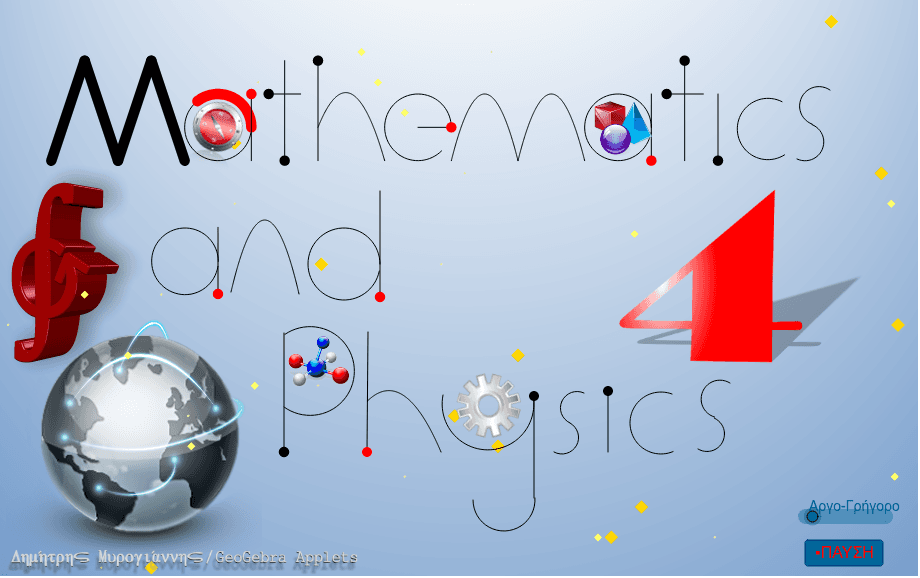From Mathematics To Physics, Exploring The Five High Paying PhD Courses
Kenfra Research2023-08-23T16:03:28+05:30Transitioning from mathematics to physics for a high-paying PhD program can be a rewarding academic and career move. Here are five high-paying PhD courses in the field of physics that you might consider:
Quantum Physics/Quantum Mechanics: Quantum physics explores the behavior of matter and energy at the smallest scales. It has applications in fields such as quantum computing, cryptography, and advanced materials. Quantum physicists often work in academia, research institutions, and high-tech industries. With the rapid growth of quantum technologies, there is a demand for skilled researchers in this area.
Astrophysics/Cosmology: Astrophysics involves the study of celestial bodies, the universe’s structure, and its origins. Astrophysicists research topics like black holes, galaxies, and the Big Bang. Opportunities exist in academia, space agencies (like NASA and ESA), and private space companies.
Particle Physics/High-Energy Physics: Particle physicists study the fundamental particles that make up the universe and the forces that govern their interactions. This field involves large-scale experiments at facilities like CERN. Particle physicists often collaborate internationally and contribute to groundbreaking discoveries.
Condensed Matter Physics: Condensed matter physicists study the properties of solid and liquid materials. This field has diverse applications, including developing new materials for electronics, energy storage, and medical devices. Careers can be found in academia, industry, and research institutions.
Nuclear Physics: Nuclear physics involves the study of atomic nuclei and their interactions. This field has applications in nuclear energy, medical imaging, and materials science. Nuclear physicists can work in research facilities, government agencies, and nuclear power plants.

From Mathematics to physics, Exploring the five high paying PhD Course.

When transitioning from mathematics to physics for a high-paying PhD program, keep in mind the following steps:
Prerequisite Knowledge: Physics PhD programs may require a strong foundation in physics coursework. You might need to take additional physics courses to bridge any gaps in your knowledge.
Research Interests: Identify your specific area of interest within physics. Research faculty members and their expertise to find a program that aligns with your goals.
Graduate Programs: Research and shortlist graduate programs that offer the specialization you’re interested in. Look into the faculty’s research projects and the program’s reputation.
Application Process: Prepare a strong application that highlights your mathematical skills and demonstrates your commitment to transitioning into physics. Letters of recommendation, a statement of purpose, and relevant coursework can strengthen your application.
Financial Support: Look for programs that offer competitive stipends, research assistantships, or fellowships to support your studies.
Networking: Attend conferences, workshops, and seminars in physics to network with professionals and gain insights into the field.
Bridge Courses: Some universities offer bridge programs that help students transition from related fields (like mathematics) to physics by providing the necessary foundational coursework.
Remember that while pursuing a high-paying PhD program can be financially rewarding, it’s also essential to have a genuine interest and passion for the subject. A PhD requires a significant time commitment, so choosing a field that aligns with your intellectual curiosity is just as important as the potential financial benefits.






Leave a Reply